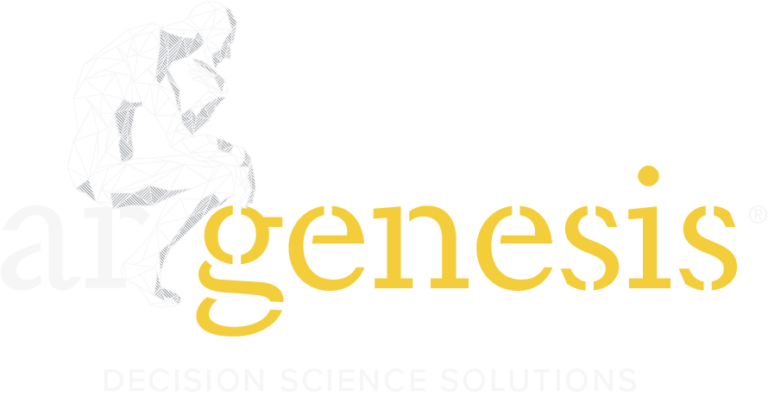Introduction: The Week AI Entered Everything
As the first Sunday in September rolls in, it’s clear the pace of artificial intelligence has morphed from rapid to ubiquitous. The difference in 2025? AI is not just powering research labs and big companies, but is now woven into the daily digital fabric for millions around the globe. This week’s breakthroughs prove that the age of “AI for everyone, everywhere” has arrived—quietly, swiftly, and with remarkable impact across science, creativity, and even everyday shopping.
Website Building and Productivity—Minutes, Not Days
One highlight this week is the emergence of AI-powered website assistants that can generate sleek, functional WordPress sites based on a plain-English description. Small businesses and independent creators can now skip complex design processes, receiving ready-to-import websites complete with images and content suggestions. It’s a leap that lowers barriers to entry in tech—democratizing digital entrepreneurship and creative expression.
Productivity ALSO saw a bump as AI assistants are now able to analyze multiple documents simultaneously for everyone—not just enterprise customers. Microsoft’s Copilot debuted features that let users review files in tandem, making comparison and synthesis effortless. Combined with new emotive “avatars” that display context-relevant expressions and voice interactions, Copilot is moving past sterile chatbots toward dynamic, trust-worthy companions for projects and planning.
Creative and Shopping Experiences—AI in Your Pocket
On the consumer side, generative visual AI features exploded into retail. Amazon unveiled “Lens Live,” letting users scan real-world items with their camera and instantly see similar products for sale. The rise of real-time shopping and editing powered by image recognition is flipping traditional e-commerce on its head—and making intelligent, intuitive recommendation engines mainstream for every shopper.
For creatives, AI’s ability to keep “character consistency” in edited images is opening new doors for designers and photographers. Millions of users edited photos with Gemini and other visual AI, and soon we’ll see text-to-video tools that let anyone animate stills or create short personalized movies from single images.
Science and Academia—AI Tuned In to the Universe
Behind the scenes, the most exciting progress lies in science. Google DeepMind’s breakthroughs in physics and astronomy have enabled observatories to detect more gravitational waves—offering new ways to study black holes and cosmic phenomena. Moreover, open-source humanoid robotics are gaining traction as the “Android OS for robots,” promising smart, adaptable helpers that anyone can build or modify.
AI also played a starring role in two medical milestones: molecule design for cancer therapy and predicting gut microbiome reactions to diet, both accomplished in a matter of days thanks to next-generation models. In universities, AI is now not just a topic, but a tool—helping vet thousands of new research papers, supercharging discovery, and transforming the way academics work.
Concerns, Opportunities, and the Road Ahead
But the leap to ubiquity comes with new challenges. AI-powered bots are saturating internet traffic, raising costs and questions about sustainability and cybersecurity. Regulators are starting to ask tough questions about privacy, bias, and the ethics of AI in financial advice, healthcare, and creative industries.
What’s clear is that the genie isn’t going back in the bottle. Messaging platforms, creative apps, e-shops, and even productivity suites are racing to embed AI at every touchpoint. This week marks a turning point: AI is no longer just innovative or helpful—it’s essential, and its reach is now as broad as the digital world itself.
Final Thoughts
September 7, 2025 is more than a date—it’s the moment the technology behind the scenes became the center stage of daily life. From creative tools and personal assistants to scientific understanding and business innovation, artificial intelligence is everywhere, for everyone.
How will you harness these new assistants, creative powers, and discovery engines? Share your ideas—and outlooks—below, and join the community shaping the age of ubiquitous AI.
